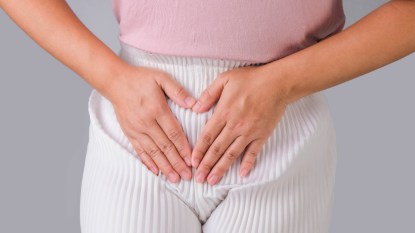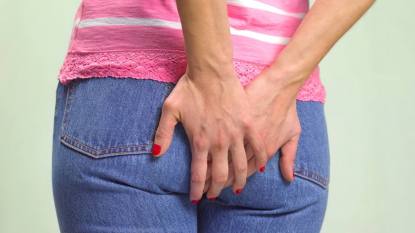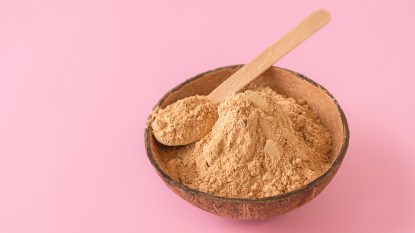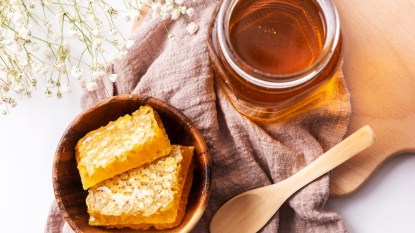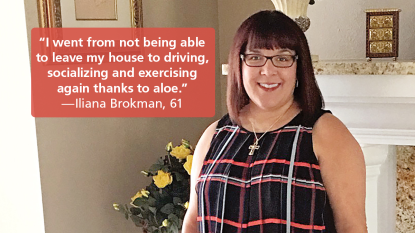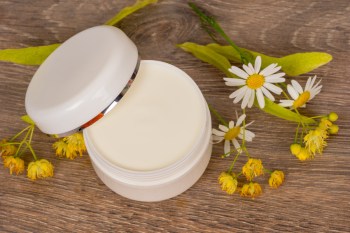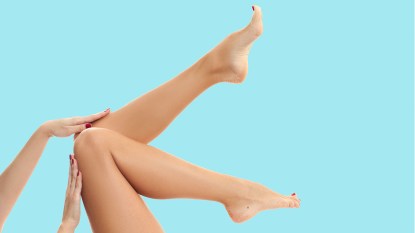Boosting Your Exposure to This Hormone Could Reduce Your Risk of Dementia

If you’ve ever experienced “mommy brain” — a phenomenon that occurs after you have a baby, and which causes you to call your child by the dog’s name and search frantically for your glasses when they’re perched on top of your head — then you might be surprised to hear that having more children can actually be good for your gray matter. Indeed, a recent study found that, rather than turning your brain into the hunk of Swiss cheese it may feel like, the estrogen flood that comes along with giving birth and breastfeeding may provide protection against dementia and Alzheimer’s disease.
The study, which was conducted by researchers at Weill Cornell Medicine in collaboration with the University of Arizona and published in the journal Neurology this week, sought to understand why Alzheimer’s affects women at a rate of 2-to-1 compared with men, and how women can reduce their risk of developing dementia. To do this, scientists analyzed the personal histories, MRI scans, and cognitive test results of 99 women in their late 40s to late 50s, along with a comparison group of 29 men of similar ages.
The conclusion? While women in perimenopause or menopause had significantly lower gray matter volume (GMV) compared to the men and the premenopausal women in the group, women who had more cumulative exposure to estrogen over their lifetimes, whether because they’d given birth to more children or because they’d taken hormone replacement therapy (HRT), appeared to have more GMV in certain areas of the brain known to be affected by aging and Alzheimer’s.
This confirmed an earlier finding by the researchers that linked a woman’s lifetime exposure to estrogen with a higher volume of GMV later in life. That higher GMV, in turn, makes for a lower risk of developing dementia and Alzheimer’s disease.
More estrogen, more brain cells?
The connection between low estrogen levels and brain atrophy has been established before, and this study only bolsters that theory further. However, it does offer some clues as to how this shrinking-brain problem could be remedied.
“Our findings suggest that while the menopause transition may bring vulnerability for the female brain, other reproductive history events indicating greater estrogen exposure bring resilience instead,” said the study’s senior author, Dr. Lisa Mosconi, who is an associate professor of neuroscience at Weill Cornell Medicine and director of the Women’s Brain Initiative.
But what, exactly, are women supposed to do with this information? The longevity of our reproductive span — the time between the first period, called menarche, and menopause — is not within our control, and spending years giving birth and breastfeeding is not possible, practical, or desirable for many women. Besides, this finding is far from foolproof. (Sure, it’s anecdotal evidence, but my grandmother had seven children, and she still suffered from dementia at the end of her life.)
While estrogen may well have a protective effect on women’s brains, it’s still too early for doctors to make definitive recommendations in terms of medical advice or lifestyle changes. Researchers say that further investigation into the specific mechanisms of the estrogen-GMV link is in order. “We’re hoping now to get further into the details … for example by comparing the effects of surgical menopause and spontaneous menopause, and by focusing specifically on certain types of estrogen exposure, such as menopause hormone therapy,” Eva Schelbaum, the study’s first author and research assistant to Dr. Mosconi, said in a press release.
Boosting Estrogen Naturally
if you’re concerned about the declining estrogen levels that occur leading up to and during menopause, and how they may affect your brain health, the best thing you can do is talk to your doctor about it. A medical professional can counsel you on the pros and cons of HRT, check your hormone levels, and make specific recommendations appropriate for you.
Boosting your estrogen levels naturally could be as simple as adding more foods high in phytoestrogens, which mimic estrogen in the body, to your diet. Soybeans and soybean products, such as tofu and miso, and seeds like flax and sesame, are rich in phytoestrogens. And certain supplements, like boron and DHEA, may also help increase estrogen naturally. But again, you’ll want to consult your doctor before starting any new supplements or making changes to your diet.
Just remember, next time you call your children by the wrong name or can’t find your glasses — having a case of “mommy brain” may actually be a good thing!



